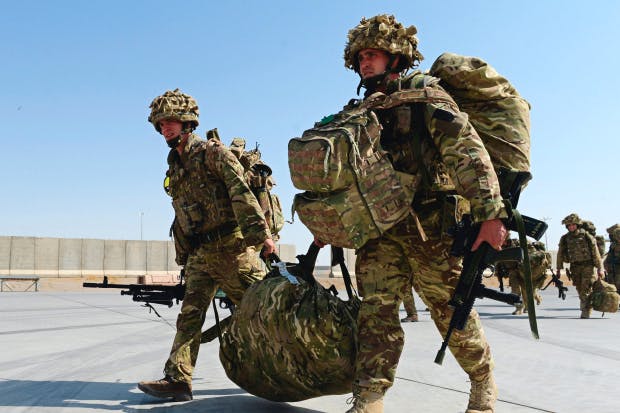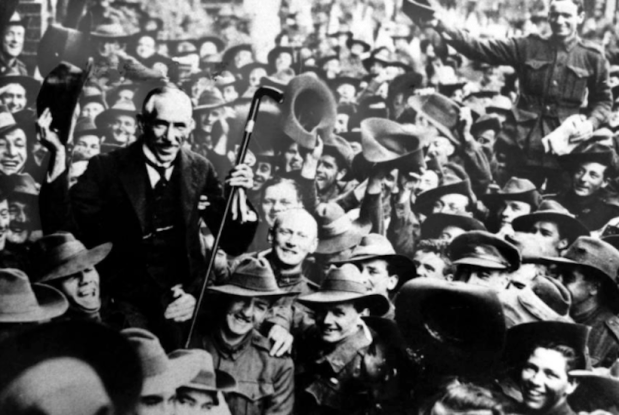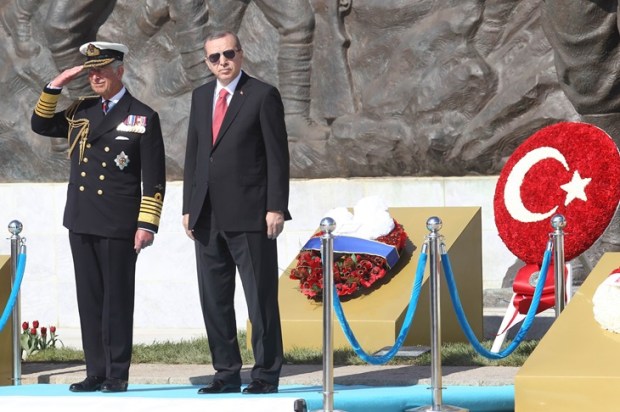There are multiple historic examples why the nation known variously as Afghanistan has been termed “the graveyard of empires”.
This was particularly so in the nineteenth and twentieth centuries as various nations attempted but failed to subvert the competing fierce tribal groups that constituted the political and, even more importantly, religious construct, which is modern Afghanistan.
In the early nineteenth century the Sher-e-Punjab, Maharajah Ranjit Singh sufficiently subdued Afghanistan to occupy Kabul until British Viceroy Lord Auckland restored the Afghan throne in 1838.
Ranjit Singh, with 20 wives and more than 50 concubines, would have been more than aware of the politics of imposing his rule on fractious factions, but the Afghans have fiercely resisted foreign intervention and rule, by some accounts for millennia.
It’s difficult to understand the foreign attraction to Afghanistan which, like Melbourne, could be easily bypassed without loss of immediate amenity or long-term benefit.
Yet its strategic location to India’s northwest has attracted foreign military adventurism since it straddled the land route between East Asia and the self-styled Western civilisations.
The partition of India in 1947 exacerbated the festering inter-religious divisions that dominated politics in what Britain described as, a hangover from empire, the Indian subcontinent.
That 1947 moment was characterised by internecine civil insurrection during which millions were murdered over lines drawn arbitrarily on maps by British colonial bureaucrats, who then effectively abandoned those populations to their fates.
Winston Churchill, who could easily have been a victim of an earlier Afghan war, wrote in 1899: “No stronger retrograde force (than Islam) exists in the world.
“Thousands become the brave and loyal soldiers of (it): all know how to die but the influence of the religion paralyses the social development of those who follow it.
“Far from being moribund, (it) is a militant and proselytising faith.”
Now, after 20 years of continuous involvement in the latest failed international intervention in Afghan affairs, Australia has also become complicit in walking away from those Afghans who saw a chance for a better life, and gave our troops their unwavering loyalty and support.
History tells us what will happen to them when NATO’s forces are no longer there to protect them.
Australia’s losses, though tragic, will pale into insignificance against numbers we are never fully likely to know.
It’s a total abrogation of what should be our ongoing obligation to them and, in turn, we should be collectively ashamed.
Ross Eastgate OAM is a graduate of the Royal Military College Duntroon and military historian who writes a weekly column on defence issues and blogs at Targets Down. This piece is reproduced with permission of The Townsville Bulletin, where an earlier version appeared.
Got something to add? Join the discussion and comment below.
Get 10 issues for just $10
Subscribe to The Spectator Australia today for the next 10 magazine issues, plus full online access, for just $10.

























Comments
Don't miss out
Join the conversation with other Spectator Australia readers. Subscribe to leave a comment.
SUBSCRIBEAlready a subscriber? Log in